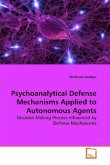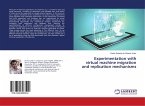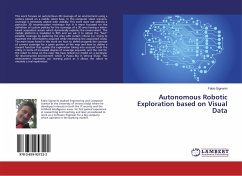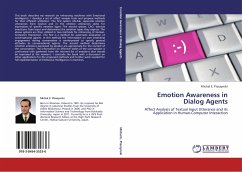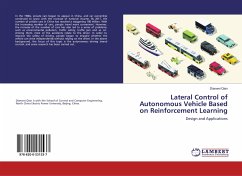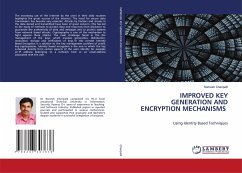Taking as biological inspiration the António Damásioproposal that the brain emotion mechanisms are essential forappropriate decision-making, a conceptual model for an autonomousagent based on a double-representation paradigm ispresented. Stimuli is represented under two distinct perspectives, thusinducing two representation schemata with different properties.The consequences of this model are explored in various forms. First,the applicability of the model to anticipation, and to the formulation ofcausal models about the world are explored. And second, a formalapproach is presented, where theoretical consequences arederived, first from a probabilistic standpoint, followed by an approachbased on the assumption that the above-mentioned representationslive in metric spaces. Following this latter approach, an algorithmis proposed to adapt the metric for one of the spaces, as well as toprovide a guidance for the improvement of that representation,aiming at the creation of new features.The formulation of thisalgorithm is based on Multidimensional Scaling techniques.


